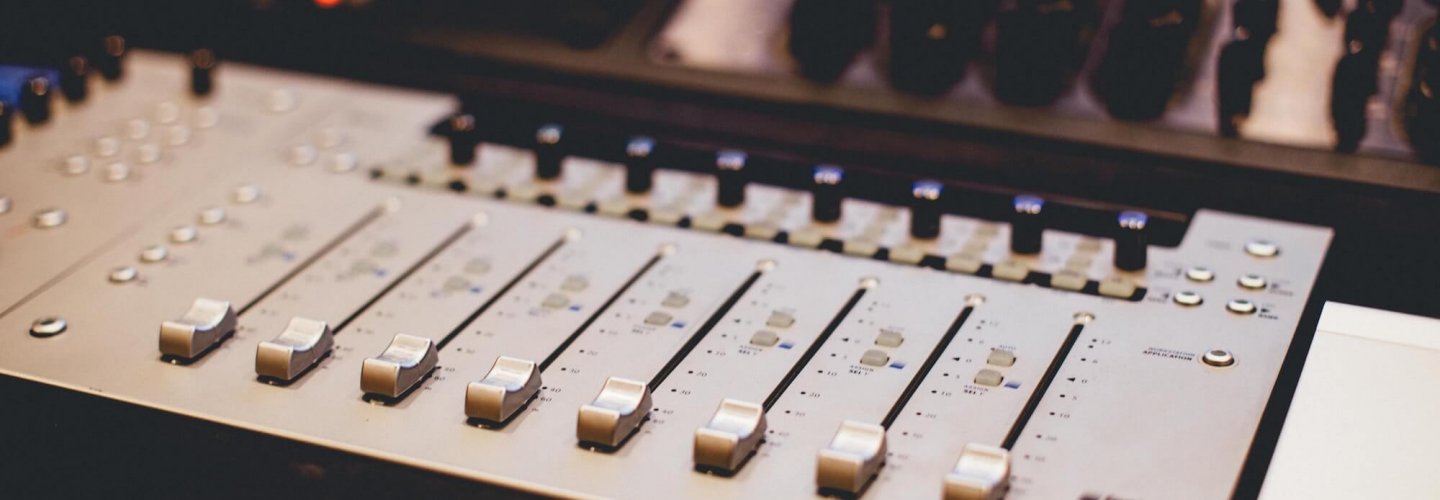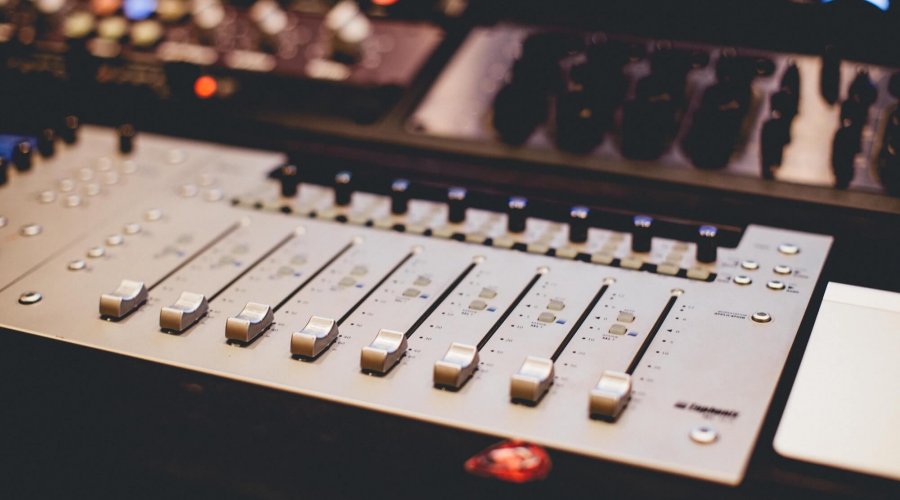This is a guest blog from John Meredith, owner of our library music partner Arms Production Music.
Ever noticed the music on Masterchef whilst they’re finishing off their mouth-watering posh beans on toast? Or on documentaries about clock building? And who can’t fail to be moved by that ‘reveal’ music when Kevin McCloud shows us what a 3-million-pound build bought the clients on Grand Designs? Well, more often than not, this is library music.
Library music (and often called ‘Production Music’) is music written for use for professionals in the video side of the industry. For example, things like adverts, TV shows or trailers. It’s not written specifically for something, other than a themed album on a Library Publisher’s catalogue. As a result, it can end up being used in lots of different ways over lots of different mediums.
These video producers want to use library music as it’s a secure way of guaranteeing that all the rights are cleared. The license fee is also a set rate, so media makers can budget accurately and access a wealth of high quality compositions, often with convenient edits. What’s not to love?
As technology has become cheap enough to be accessible to everyone and good enough to create high quality product from your arm chair, the world of library music has very much opened up, with hundreds of publishers all needing material for their releases. If you have the skills, it can be a good form of income in a budding or established musician’s portfolio. What skills? I’m glad you asked!
Writing Library Music
Effectively, you’re a one-person army. As well as being able to compose music, you’ll need:
- Recording skills if you need to record any live instruments,
- Programming skills on a DAW of your choice,
- Mixing and mastering skills,
- People skills to approach library publishers to release your material.
It’s not unusual for composers to work in small teams producing tracks to fill each other’s skill gaps. But, if you want to make more money from this material, the less people eating from the money pie the better!
What money?
You generally get paid in two ways if you’re signed to an MCPS/PRS library. The ‘Mechanical’ income is received when your composition is licenced by a media maker to make the actual, say, TV show. You then get paid again when the show is broadcast. What you get paid varies, depending on numerous things like the length of the material they use, the channel, the time of day.
Your performance income comes 4 times a year: imagine if you had music on a show that starts off on BBC 1 primetime, then, over the years gets repeated on BBC 2, then appears on those funny little channels at the end of the Freeview dial. All of these broadcasts still yield an income, albeit a reduced one as the channel’s ‘reach’ is reduced. Tracks that took you a couple of hours to finish can make you a significant amount of money for years to come, whilst tracks you slaved over for days and is your ultimate artistic statement might make you nothing!
Go on, then!
Much like approaching record labels or standard publishers, you must do your homework. If you have a hundred Death Metal tracks, don’t email ‘Fluffy Bunnies Libraries’ demanding they sign your tracks! No, you need to look at each library (here’s a good starting point) and find out what they typically release. It won’t hurt to mention a couple of specific albums of theirs you like in an opening email to them. Flatter them, tell them about recent projects you’ve been involved with then link to a specially created private Soundcloud playlist.
Don’t attach MP3s or send a WeTransfer link to 3 GB of tracks for them to download! Oh, and don’t do a blanket email where every publisher is copied in. We like to feel a bit more special than that! By all means, ask what albums they have coming up, and offer to write something for those. But, before you contact anyone, make sure you have a bank of material that’s suitably arranged, polished, mixed and mastered. Any part of the chain that is weak means it’s less likely to get signed.
Writing library music can be a really rewarding way to flex your creative muscles and earn money whilst doing it. What are you waiting for?!
If you’d like some more information about Arms Production Music and our upcoming library releases, please do email me– but follow the advice first!

